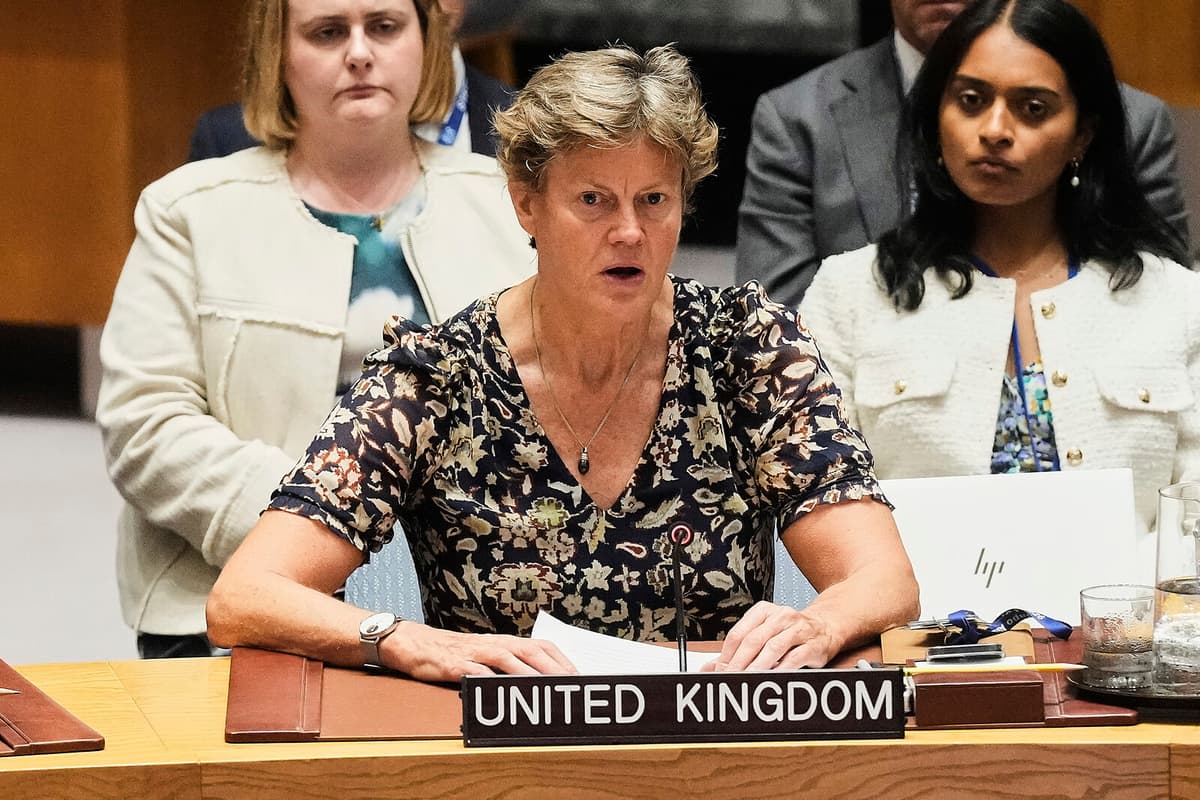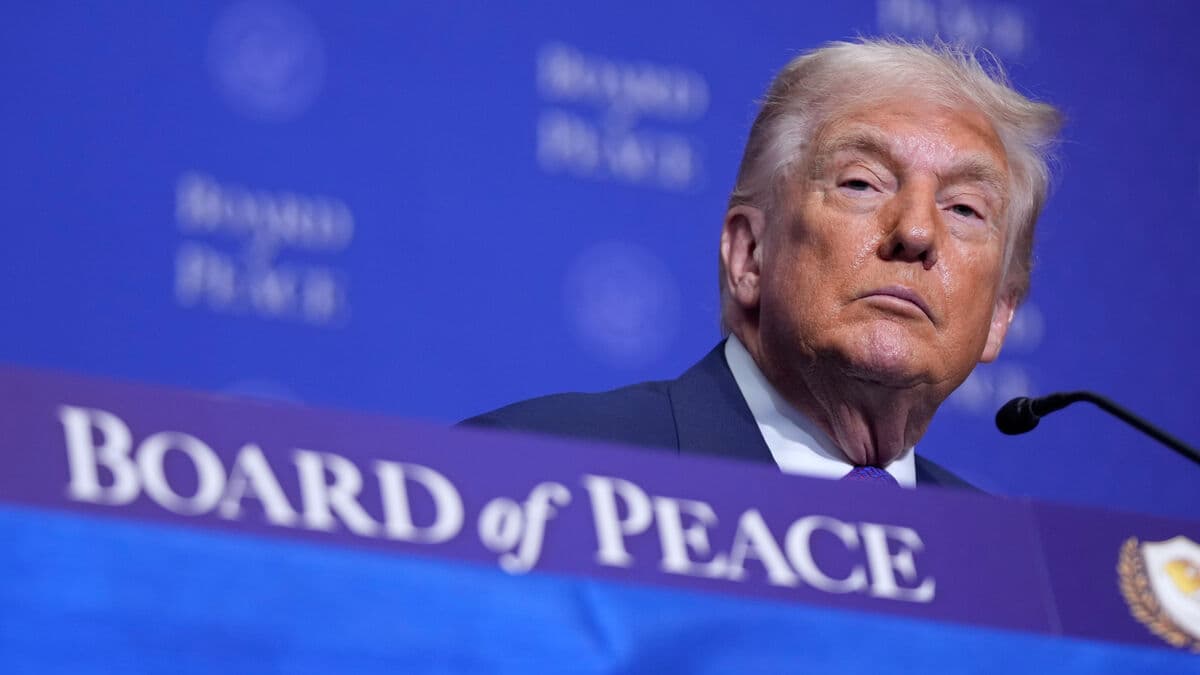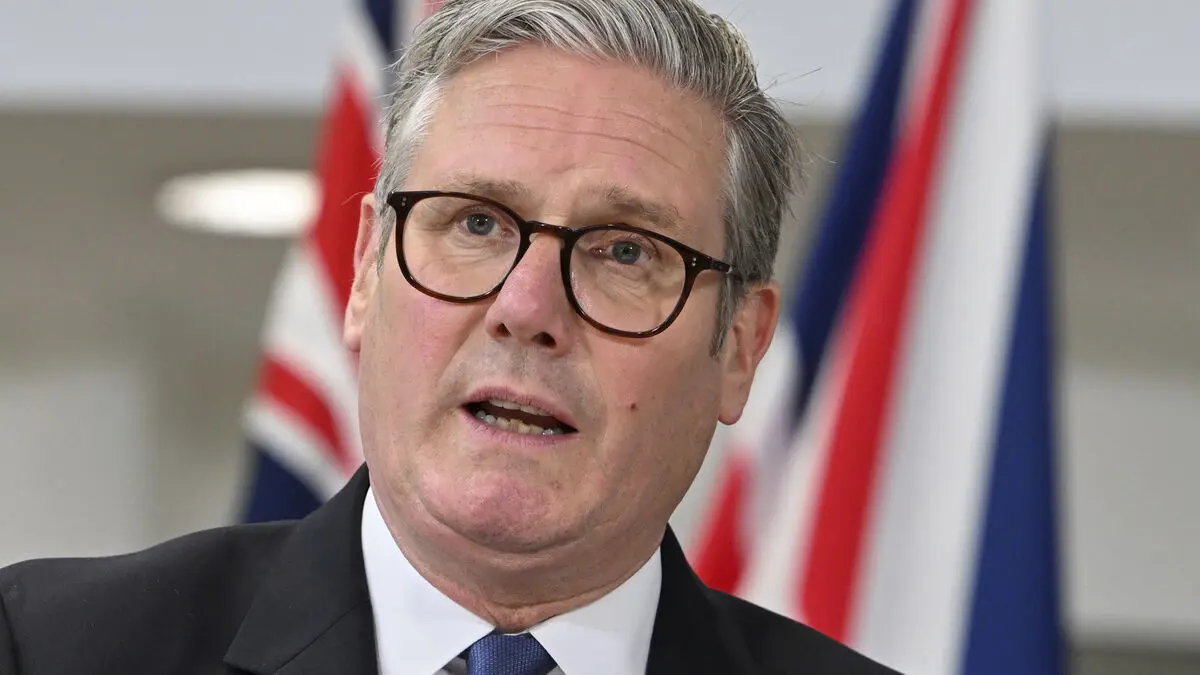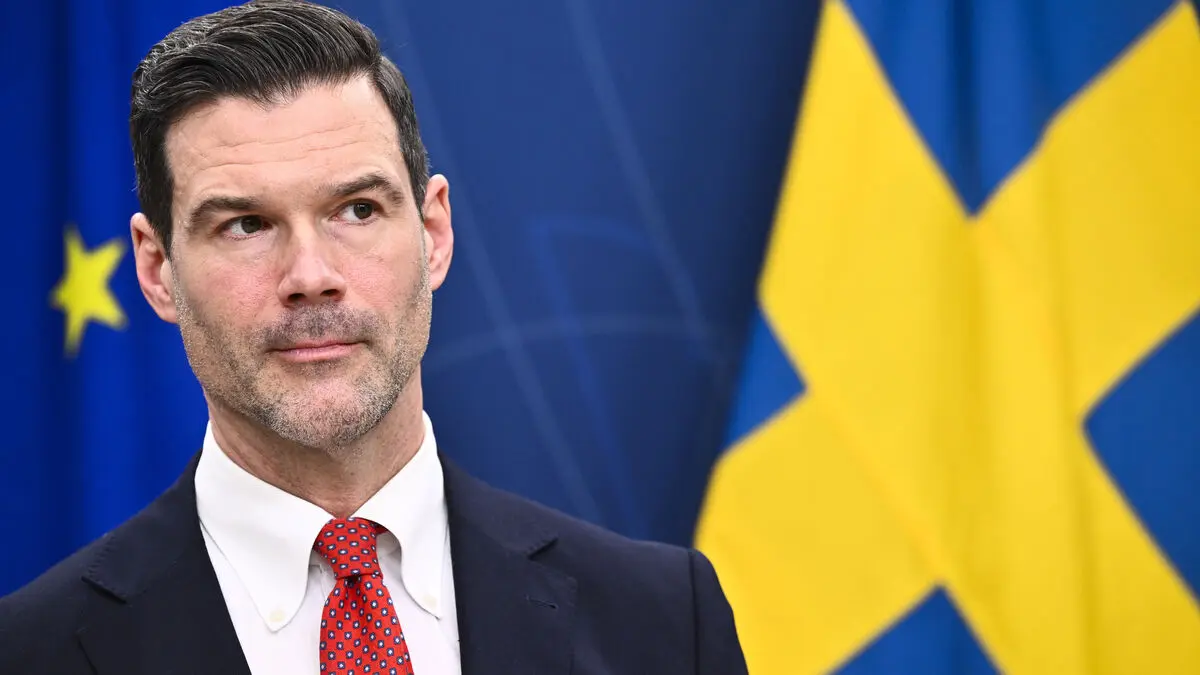The vote means that previously decided sanctions may be reintroduced, as Iran is not considered to be cooperating with, among other things, the UN's atomic energy agency IAEA.
However, the sanctions are not introduced immediately, which gives a deadline for continued negotiations with representatives from Iran. The demand for tightened measures comes from the Security Council's permanent members France and the United Kingdom, as well as Germany.
The three countries have had ongoing talks with Iran about resuming inspections of Iranian nuclear facilities.
We urge Iran to act now, said British UN Ambassador Barbara Woodward in connection with the vote.
Advertisement
Formally, the vote was about an extension of the pause introduced in the targeted sanctions against Iran, as there was previously a functioning agreement on the country's nuclear research program, the so-called JCPOA, which was signed in 2015. The agreement collapsed when President Donald Trump chose to leave the agreement during his first presidential term.
After the twelve-day war with Israel in June, Iran cut ties with the UN's atomic energy agency IAEA, but has since said that cooperation will be resumed – but without providing sufficient guarantees, according to Germany, France, and the United Kingdom.
Iran's Foreign Minister Abbas Araghchi said in connection with the vote that Iran has presented a "fair and balanced" proposal to the representatives of the three countries.






